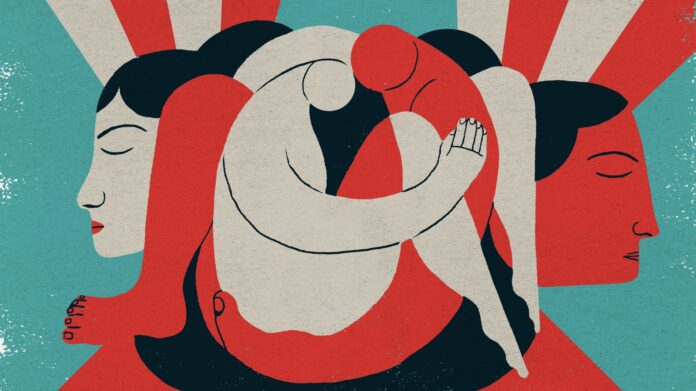It’s normal to feel occasional doubts and uncertainty about a relationship. But if you spend more time worrying about your relationship than enjoying it, you might have an anxiety disorder. Your insecurity can undermine your relationship, and anxiety can affect every aspect of your life. This article covers anxiety and relationships and how to manage your mental health. We’ll discuss signs you have relationship anxiety, what to do about it, and how to tell if your partner is the problem.
Table of Contents
Signs of Anxiety in a Relationship
Understanding the signs of anxiety in a relationship helps you know when to use coping strategies. Behaviors people exhibit when they feel anxiety in relationships include:
- Overthinking your partner’s actions, conversations, or texts
- Worrying that your partner is lying
- Thinking your partner likes other people better
- Trying to avoid rejection by pushing people away
- Feeling fearful that your partner will leave you
- Thinking your partner is cheating with no evidence
- Ending relationships before they get serious
Real Talk: It’s Not Me, It’s You
If you’re not normally anxious, but your current relationship has you on edge, you might have a narcissistic partner. Being in a relationship with a narcissist increases your anxiety for several reasons.
Gaslighting
Gaslighting is a form of emotional abuse when someone tries to make someone else question their observations or sanity. For example, you tell your partner their behavior was hurtful, and they say you imagined it or are overreacting.
Victim Mentality
When things go wrong, narcissists see themselves as the injured party while lacking empathy for others. They blame others for their situation, exaggerate the negatives, and try to elicit sympathy.
Not Understanding Your Needs
A narcissist can’t put themselves in your shoes and understand your needs. They always put themselves first. If you also put them first and neglect yourself, it’s exhausting. Not getting your needs met can lead to depression and anxiety.
Moodiness
Their deep-seated lack of confidence can lead to extreme reactions when they are upset. An innocent comment can trigger anger or tears.
How to Manage Your Anxiety
If you have relationship anxiety, don’t handle it alone. Strategies to manage anxiety include calming routines, lifestyle changes, therapy, and medication. Here are recommendations for dealing with relationship anxiety.
Get Help
Consider individual counseling to help you perceive your thought patterns and manage your fears. Different types of psychotherapy use various methods to help you understand your emotions and develop coping strategies. Couples counseling can improve communication and help you and your partner build problem-solving skills.
Explore Your Own Interests
Don’t let your relationship become your whole life. Maintain solid relationships with friends and family, and don’t lose focus on your goals and interests.
Challenge Your Thoughts
Remind yourself that feelings aren’t facts. If you’re feeling anxious, you might convince yourself with no evidence that your partner plans to leave you. Use healthy habits to calm your anxiety and communicate openly with your partner.
Soothe Yourself
Notice the physical symptoms of anxiety like rapid heart rate, sweating, or shortness of breath. Calm yourself with deep breathing or activity that focuses on your senses, like listening to music. There are plenty of natural remedies for anxiety, like journaling and exercise, that provide short-term and long-term relief.
Address Your Concerns
Being fearful in a relationship can make you avoid discussing problems. But while ignoring problems keeps the peace temporarily, it can lead to major confrontations as frustrations grow. Form a habit of addressing problems in calm, constructive discussions. If you have a narcissistic partner, may be in danger, or are unwilling to make the relationship work, the best choice could likely be to leave the relationship.
Your Relationship and Anxiety
Ironically, anxiety in relationships stems from the fear of losing a partner. Yet, the suspicious, clingy behavior it brings makes it less likely a relationship will survive. When you take steps to reduce relationship anxiety, you develop coping skills that improve all areas of your life. Making an effort to invest in your well-being will help you develop successful, lasting relationships.





